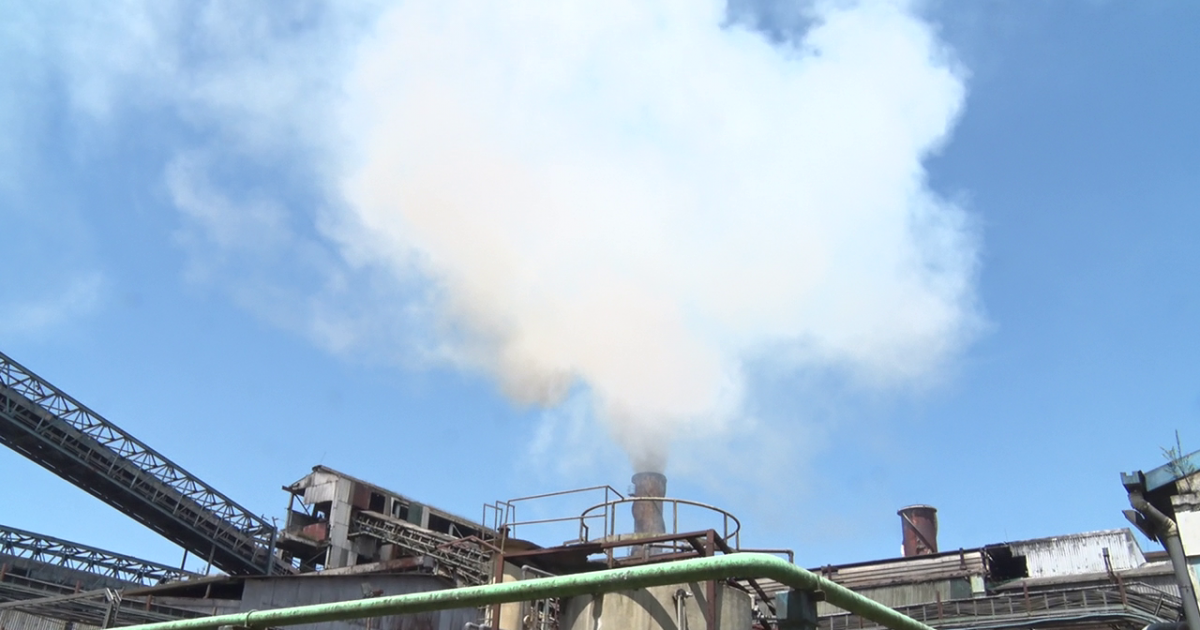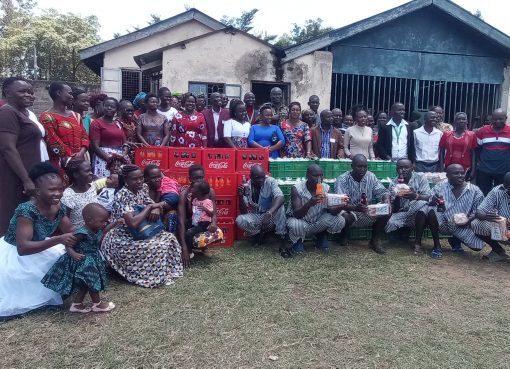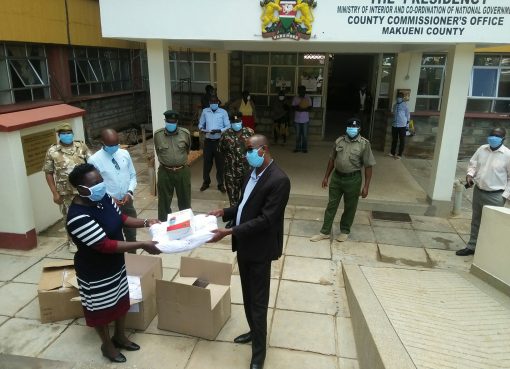The domestic sugar sector which was once vibrant and lucrative to farmers, millers and government in terms of income and livelihood support still faces a myriad of challenges despite Government intervention.
The Bitter-sweet sugar struggle for sugarcane farmers from Western Kenya region is however beginning to beckon hope for the struggling sub-sector.
This follows a commitment by the Senate to fast-track the passing of Sugar Bill 2022 that should be the last silver bullet to resuscitate the ailing industry.
The Bill has undergone public participation and is currently in the Senate before being enacted into law.
The Bill is among key issues, proposing the introduction of sugar development levy, reintroduction of Kenya Sugar Board, establishment of Sugar Arbitration Tribunal and the Kenya Sugar Research Training Institute, sugarcane pricing committee as well as delineation of sugar catchment area into five zones.
The Bill is proposing the introduction of a sugar development levy to be charged on both local and imported sugar to support the local sugar industry.
The levies collected will be allocated with 15 per cent going for the maintenance of local factories, 15 percent towards local research training, and 40 percent for cane development for farmers.
The Bill further recommends 15 percent of the levy to cater for the Sugar Regulation Board while 10 percent towards roads and infrastructure development in sugar belt regions and managed by the Kenya Rural Roads Authority of the respective catchment areas.
Further it is also proposing that the roles of the Kenya Sugar Board (KSB) currently being undertaken by the Sugar Directorate of the Agriculture and Food Authority (AFA) established under the Agriculture and Food Authority Act, 2013 revert to the former.
Farmers across Sugar growing areas have been pushing for the reinstatement of KSB to regulate the sector directly instead of operating through AFA, arguing the latter lacked the autonomy to address challenges in the sugar industry.
Five representatives from each catchment area will be among those to sit in the Board.
During a public participation forum held in Kakamega County by the Senate Standing Committee on Agriculture, Livestock and Fisheries, stakeholders supported the recommendations and asked Parliament to address woes in the sugar sector once and for all.
The Kenya Union of Sugar Plantation and Allied Workers Secretary-General Francis Wangara lamented that the government has failed to implement various taskforce reports which detailed how to revitalise the ailing sugar industry.
“We had a report by former Kakamega Governor Wycliffe Oparanya and former agriculture Cabinet Secretary Mwangi Kiujuri in 2019 and the sugar conference held in September 2023 in Kakamega County that have never been acted upon,” he complained
“I hope this time round this Bill will address the issues once and for all” he added.
The Bill is also proposing the establishment of a Sugar Arbitration Tribunal for the purpose of arbitrating disputes between various parties in the sugar sector.
The tribunal will be headed by a person qualified to be a High Court Judge to be appointed by the Chief Justice.
In order to increase sugar productivity, the Bill has proposed establishment of Kenya Sugar Research Training Institute to coordinate and regulate research in sugar, sugar by-products and technologies.
The sugar Bill has proposed delineation of sugar catchment area in five zone, with Rift valley covering Kericho, Nandi and Uasin Gishu and Upper Western comprising of Bungoma and Trans-Nzoia counties
The Southern Catchment area has Homa Bay, Kisumu, Migori, Narok and Kisii, with Lower Western having Busia, Kakamega, Siaya and Vihiga. The Coastal region comprises Kwale, Lamu and Tana River Counties.
This move is aimed at removing unhealthy competition amongst millers who have previously resorted to buying premature cane and which weighs less, resulting in low returns to the farmer.
There shall also be a sugarcane pricing committee whose role will be to review sugar prices with two representatives from sugar out growers’ apex body among other members.
The Secretary-General of Kenya National Federation of Sugar Cane Farmers Kilion Osur Anyango while supporting zoning, said that farmers should however be free to supply their cane to whichever mill they prefer, as long as they did not have a contract with another mill.
“Independent farmers should have 3-4 sugar mills within a region from which they will have freedom to supply their cane instead of being zoned to a particular mill” he added.
Chair of Senate Committee on Agriculture, Livestock and Fisheries, Mr. James Murango Kamau affirmed that his committee will put into consideration the views of stakeholders.
He said the Senate will fast-track the Bill to be enacted into law in one month’s time to help address myriad challenges that have bedeviled the sugar sector.
The government has supported sugarcane farming through provision of subsidized fertilizer, enactment of laws to support the industry and financial bailouts.
In September last year the Cabinet chaired by President William Ruto waived Sh. 117 billion debt owed by government owned sugar millers in a move to resuscitate the sugar sector.
By George Kaiga





